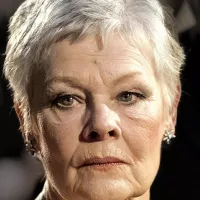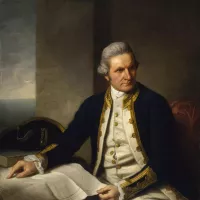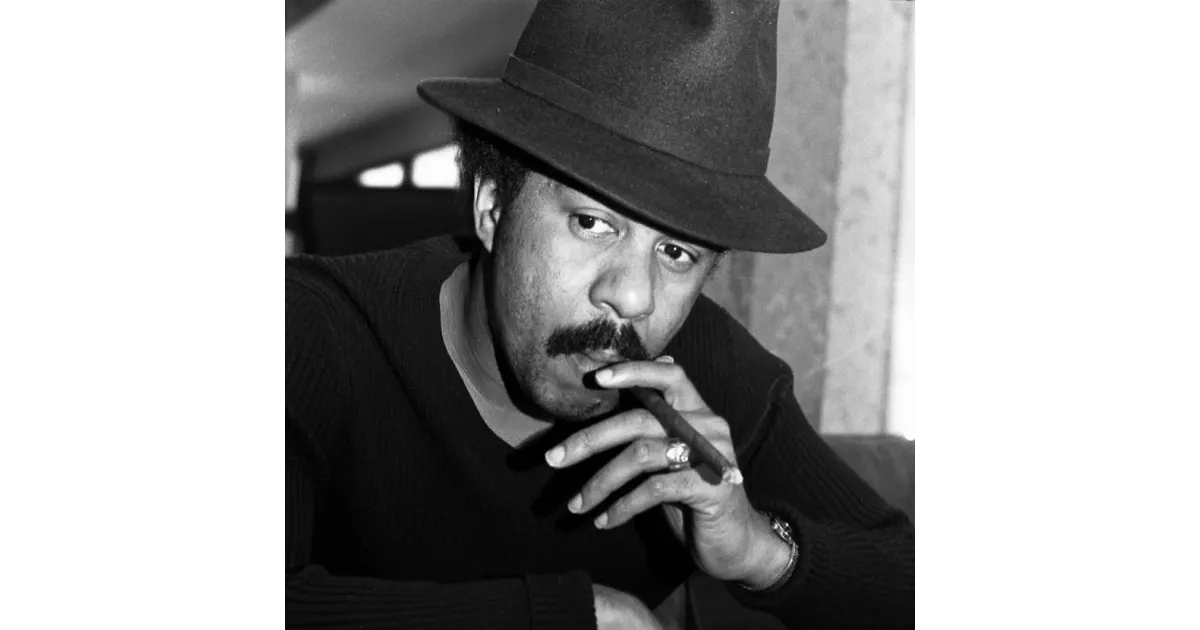Richard Pryor was a highly influential American stand-up comedian and actor. He achieved widespread recognition for his candid, observational humor and masterful storytelling. Pryor is celebrated as one of history's greatest comedians, receiving numerous accolades, including a Primetime Emmy Award, five Grammy Awards, and the inaugural Kennedy Center Mark Twain Prize for American Humor. He topped Comedy Central's and Rolling Stone's lists of the greatest stand-up comedians of all time, solidifying his lasting impact on comedy.
Mentioned in this timeline

Oprah Winfrey is an influential American talk show host television...

Adam Sandler is an American actor comedian filmmaker and musician...
CBS Broadcasting Inc CBS is a prominent American commercial broadcast...
Saturday Night Live SNL is a late-night live sketch comedy...

Eddie Murphy is a highly acclaimed American actor comedian and...

Chris Rock is a highly acclaimed American comedian actor and...
Trending

11 minutes ago Rosamund Pike recalls Judi Dench's 'naughty' side, calling her a 'mischief maker'.

1 hour ago Declan Rice's behavior scrutinized after derby win; Scholes deems him too emotional.

1 hour ago Donovan Clingan shines for Trail Blazers: Draft prospect improves shooting and raises questions.

12 minutes ago James Cook and Dion Dawkins to appear at Dick’s House of Sport opening.

1 hour ago Shakira's Mexico City Concert: Security, Tickets, and Traffic Updates

1 hour ago Courteney Cox wears 90s jeans, stays overnight with on-screen husband Greg Kinnear.
Popular

Jesse Jackson is an American civil rights activist politician and...

Susan Rice is an American diplomat and public official prominent...

Barack Obama the th U S President - was the...

Michael Joseph Jackson the King of Pop was a highly...

XXXTentacion born Jahseh Dwayne Ricardo Onfroy was a controversial yet...

Bernie Sanders is a prominent American politician currently serving as...
